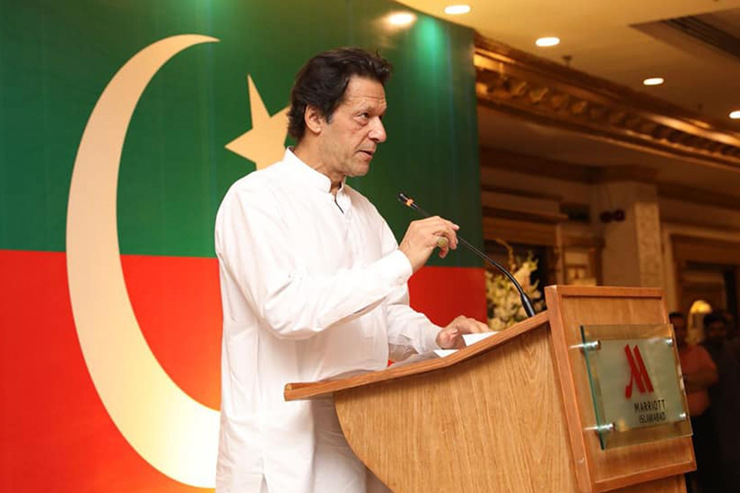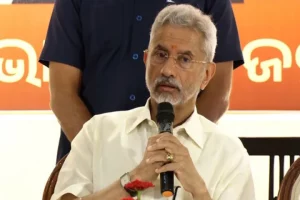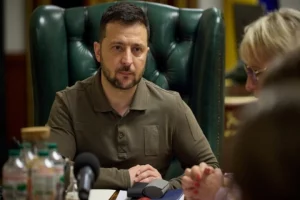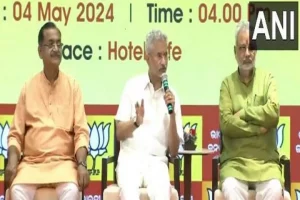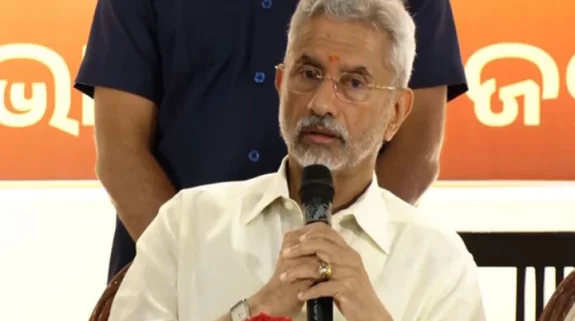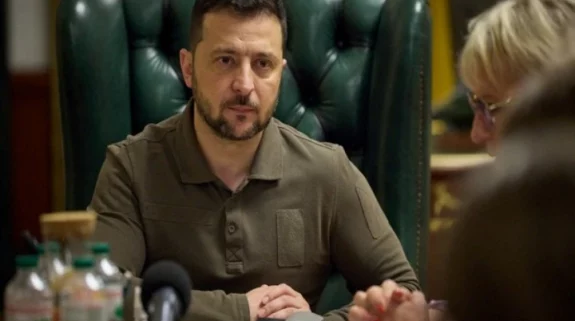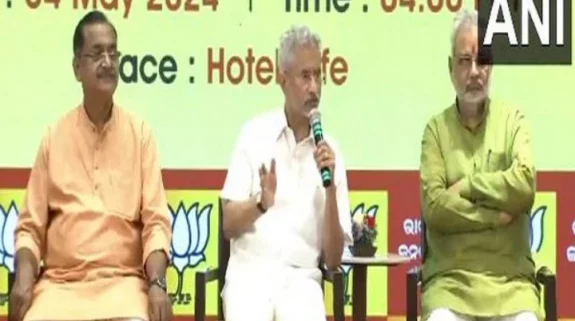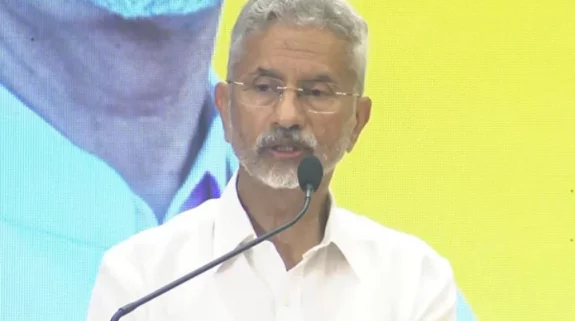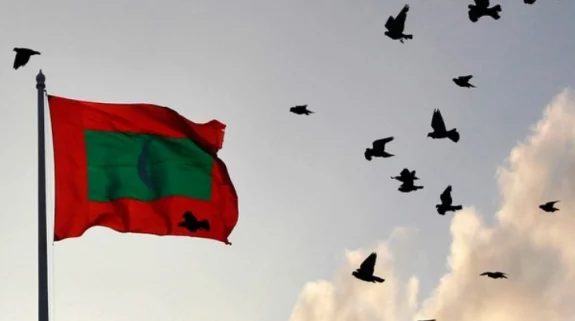The news about India-Taliban talks has rattled Pakistan, which has self-assumed that it is the “unofficial” gatekeeper of Taliban’s foreign policy. In fact, so piqued was the national security adviser of Pakistani Prime Minister Imran Khan, Moeed Yousuf that he crossed the diplomatic Rubicon and called India’s reported engagement with Taliban as ‘shameless’.
Last week Indian media reported quoting a senior Qatari official as saying that Indian officials made a “quiet visit” to Doha in order to meet the Taliban’s political leadership based there. Qatar’s Special Envoy for Counterterrorism and Mediation of Conflict Resolution Mutlaq bin Majed Al Qahtani was quoted by the media as saying: “I understand that there has been a quiet visit by Indian officials to speak to the Taliban.”
Pakistan’s “uneasiness” was evident. Yousuf, in fact, went ballistic against India, during a programme aired by Dawn TV.
“Indians want Taliban members to be killed daily in Afghanistan. Indians continue to pay for the campaign against the Taliban. Today they have reached there for talks,” said Yousuf, adding that this meeting of the Indian leader with the Taliban is a matter of shame and not a strategic move. Yousuf went on to claim that the Taliban leaders with whom the Indian leader has met are not fools.
There is no doubt that Pakistan still continues to hold sway over the Taliban. But there as those who believe that the ground is shifting against Pakistan in Afghanistan, despite the Inter-Services Intelligence (ISI) controlling the Haqqani network–a major Taliban faction, with Sirajuddin Haqqani as the deputy leader.
Taliban’s advances and possible takeover of Kabul is a major concern as it could galvanize Islamist terrorists in Pakistan, including an already-resurgent Pakistani Taliban.
Has the Taliban changed and should that worry Pakistan?
There are reasons for Pakistan to be alarmed. For instance, last year Taliban clarified that it does not interfere in the internal affairs of other countries, including Kashmir, another geography that obsesses Islamabad, and is its foreign policy’s holy grail.
“The statement published in the media about Taliban joining Jihad in Kashmir is wrong…. The policy of the Islamic Emirate is clear that it does not interfere in the internal affairs of other countries,” Suhail Shaheen, the spokesperson for the Taliban slamic Emirate of Afghanistan had tweeted.
Among other big players, the United States has declared that it wants India to play a role in the peaceful settlement of Afghanistan.
Naturally Pakistani leaders, including their advisers such as Yousuf are insecure. Last week, Pakistan's Foreign Minister Shah Mehmood Qureshi, in an interview to Afghanistan’s Tolo News, accused India of “carrying out terrorist activities” from Afghan soil. The Afghan President Ashraf Ghani and former president Hamid Karzai are on record saying that Pakistani military establishment had asked them to break the relationship with India.
Last week, Indian National Security Advisor Ajit Doval had “proposed an action plan against Pakistan based terror organisations, Lashkar-e-Taiba (LeT) and Jaish-e-Mohammad (JeM) as part of the SCO framework”. According to media reports, Doval called for the “adoption of international standards to counter terror financing, including an MoU between SCO and the Financial Action Task Force (FATF)”. While Doval spoke, Yousuf who represented Pakistan at the SCO security advisers meeting was listening, and was unlikely to be pleased.
Also Read: Pakistan’s Qureshi warns Afghan President to stop pointing fingers at the ISI
Also Read: Yet again Pakistan is unable to shake off FATF’s Grey List tag






